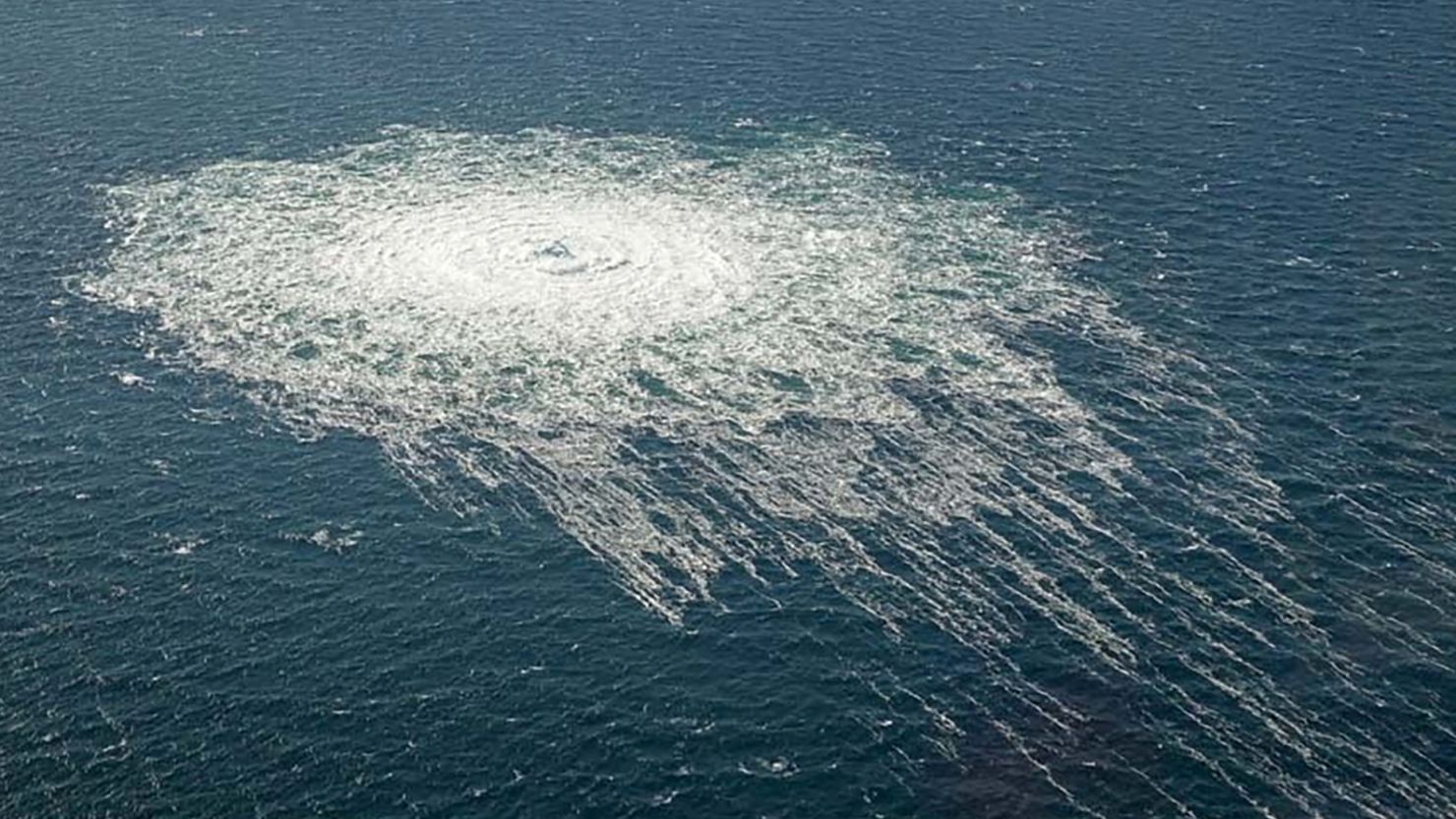The US received intelligence from a European ally last year that the Ukrainian military was planning an attack on the Nord Stream natural gas pipelines three months before they were hit, three US officials told CNN.
The attack on the pipelines last September has been condemned by US officials and Western allies alike as a sabotage on critical infrastructure. It is currently being investigated by other European nations.
The intelligence assessment was first disclosed by The Washington Post, which obtained the document from a trove of classified documents allegedly leaked on the social media platform Discord by Air National Guardsman Jack Teixeira.
CNN has not seen the document but the three officials confirmed the US was told about the Ukrainian plans.
According to the Washington Post, the intelligence cited a source in Ukraine which said Western allies “had a basis to suspect Kyiv in the sabotage” for almost a year. The intelligence said that those who may have been responsible were reporting directly to Ukraine’s commander in chief, Valerii Zaluzhnyi, “who was put in charge so that Ukraine’s president, Volodymyr Zelensky, wouldn’t know about the operation,” the Post reported.
But, the intelligence also said that Ukraine’s military operation was “put on hold.”
CNN has reached out to the Ukrainian government for comment.
White House National Security Council coordinator for strategic communications John Kirby declined to address the reporting directly on Tuesday.
“I think you know there are three countries conducting an investigation of the Nord Stream sabotage — and we called it sabotage at the moment — Germany, Sweden, and Denmark. Those investigations are ongoing and again the last thing that we’re going to want to do from this podium is get ahead of those investigations,” Kirby said.
The news comes less than a year after leaks caused by underwater explosions were discovered in the Nord Stream 1 and 2 pipelines, which funnel gas from Russia into the European Union and run under the Baltic Sea. The pipelines were controversial before the war in Ukraine began, stoking concerns about European dependence on Russian gas.
Neither of the pipelines were actively transporting gas to Europe at the time of the leaks, though they still held gas under pressure.
Sweden was the first to sound the alarm on the leak; Swedish Prime Minister Magdalena Andersson later said that it was “likely a deliberate action” but “not an attack against Sweden.”
Other European leaders such as the Danish prime minister and energy minister, and Norway’s minister of petroleum and energy, also concluded the leaks were a result of sabotage.
Ukraine denied any responsibility for the leaks at the time, with the top adviser to Zelensky referring to the idea as an “amusing conspiracy” theory.
“Although I enjoy collecting amusing conspiracy theories about [the Ukrainian] government, I have to say: [Ukraine] has nothing to do with the Baltic Sea mishap and has no information about ‘pro-[Ukraine] sabotage groups,’” Mykhailo Podolyak said on Twitter.
The Washington Post reported Tuesday that Ukrainian officials sought to keep Zelensky out of the loop on the Nord Stream planning in order to give him “a plausible way to deny involvement in an audacious attack on civilian infrastructure” that could impact relationships with countries supporting Ukraine’s fight against Russia.
And while the intelligence said that Ukraine’s plan was paused, the Post’s report said that the details emerging from Germany’s investigation of the attack “line up with the earlier plot.”
The intelligence the US received from a European ally last year said six Ukrainian special operations forces service members intended to use fake identities to rent a boat and destroy or damage the pipelines on the Baltic Sea floor by using a “submersible vehicle,” the Post said.
Details that German officials are piecing together say that six individuals who were “skilled divers” used fake passports and embarked from Germany on a sailing yacht, then planted explosives on the pipelines, according to the Post.
The details between the two plans differ in some regards, the Post said, and the CIA “initially questioned the credibility of the information.” Nevertheless, sources previously told CNN that the US had warned several European allies over the summer that the Nord Stream 1 and 2 pipelines could be attacked.






